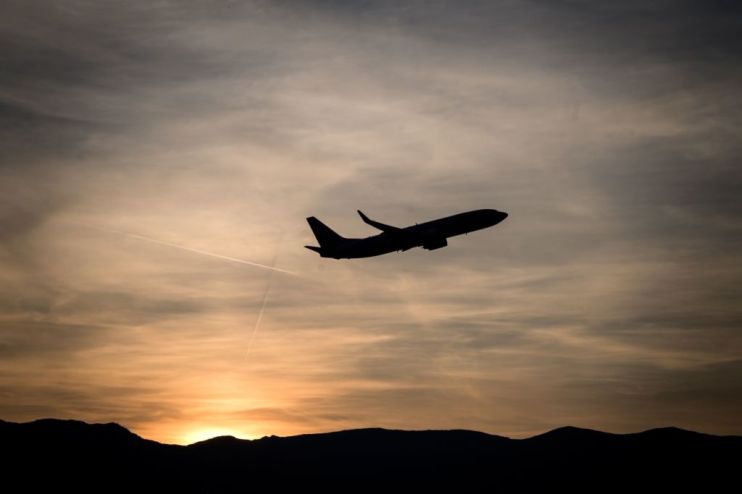Business travel rebound at risk as travel chaos plays out on our screens

Stephen Hammond is the Conservative MP for Wimbledon and the chair of the all party parliamentary group on business travel
The pandemic had a dramatic impact on aviation. Airports closed their doors. Airlines went bust. Staff were let go. Britain was well and truly grounded.
Fast forward to this Easter, and the situation couldn’t be any more different. Having been stuck at home for two years, thousands of us decided to take to the skies. Given the opportunity to reconnect with distant families and friends, chase the sun or travel for business, we took it.
However, recent scenes being played out on a near daily basis might make people think twice about flying. Airports in chaos, carriers cancelling flights, and aviation staff shortages all speak to one thing – a sector lacking confidence in itself after two seasons out in the cold. There have been notable exceptions but by and large some of our biggest airports and airlines were caught off-guard by the scale of pent-up demand.
Whilst the rollercoaster of the pandemic has undoubtedly made planning difficult the lack of preparedness has been disappointing and frustration. However, there is now a real risk that without urgent action, the UK could find itself missing out on the billions of pounds of economic benefits that air travel brings to the nation. This is particularly true when it comes to business travel.
While holidaymakers continue to return in significant numbers (Heathrow finished May as the busiest international airport in the world), new polling commissioned by London City Airport shows that corporate Britain is also returning to the skies. Nearly three quarters of business leaders expect their companies to use business air travel over the next two years. On top of that, nearly half of businesses which did not fly prior to the pandemic expect to so by 2024.
The return of UK Plc to the skies is beneficial for a number of reasons. Not only do business travellers make up a significant proportion of inbound travellers to the UK, approximately 20% of pre-pandemic travellers were business travellers, but their presence is vital for both national and regional economies.
East London’s Excel Centre had its busiest month ever in March, bouncing back from the pandemic to host some of Europe’s most exciting and important conferences from life-sciences to counterterrorism.
Other regions of the UK also benefit from a strong and active aviation industry. In 2019, business related aviation activity totalled £2.5bn in Scotland and £1bn in Northern Ireland, connecting different parts of the country which supports employment and generates growth.
The economic value of encouraging a swift return to the skies for British business cannot be underestimated. New modelling by WPI Economics has found that difference between a slow return of business air travel (where passengers return to 2019 levels in 2025) and a fast return (where passengers return to 2019 levels in 2023) could cost the economy as much as £17.5billion, which would negatively impact economic recovery in every part of the UK.
To avoid missing out on these potential economic uplifts, aviation bosses need to incentivise those businesses who have said they want to fly to return to the skies as quickly as possible. This means getting staffing numbers right. It means ensuring a safe, speedy journey through the airport, and putting an end to chaotic security queues.
To make business travel even more attractive to companies large and small, the aviation sector must work even harder to become more environmentally friendly. We know that many companies in the UK are committed to improving their carbon footprint. Airports and airlines are already responding to the challenge with the development of Sustainable Aviation Fuels and electric planes. Change won’t happen overnight, but with an attractive policy environment, the UK could become a global leader in sustainable aviation.
Throughout history, aviation – like other successful British industries – has had to adapt to the changing nature of consumer demand. Two years ago, the sector was facing an existential crisis. Experts could not predict whether people would ever take to the skies in the same numbers as we saw before the pandemic. The evidence is that many travellers, both leisure and business are seeking to fly in vast numbers. The challenge now is to ensure that airlines and airports recognise this recovery and quickly gear up their operations. If they can accommodate this bounce back in leisure and business travel then the future economic prospects of the country will be improved.